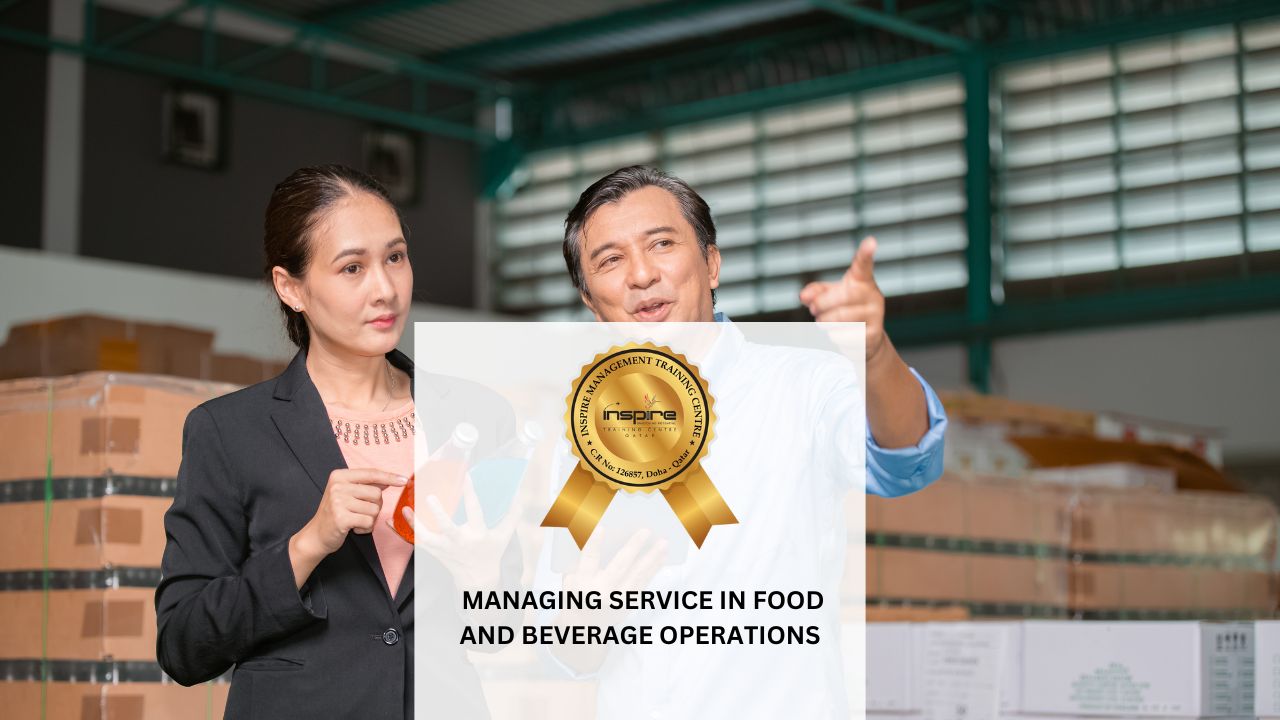Browse our shop categories to discover new arrivals and special offers.
Management of Food and Beverage Operations
This course will give students a basic understanding of the management process in food and beverage operations. All aspects of food and beverage operations are
covered, including organization, marketing, menus, costs and pricing, production, service, safety, and finances.
Objectives
At the completion of this course, students should be able to:
1. Explain the difference between commercial and noncommercial food service operations, and
describe examples of each.
2. Describe the three levels of management and identify the various production and service
positions in a food and beverage operation.
3. Explain organization charts and the various organizational structures of food and beverage
operations.
4. Describe the steps involved in the management process, and summarize a food service
manager’s responsibilities to the primary and secondary groups of people with whom he or
she typically interacts.
5. Explain marketing in terms of providing guest-pleasing service, and discuss the elements
and importance of feasibility studies, marketing research, and marketing plans.
6. Discuss nutrition and special dietary concerns as they relate to the food service industry, and
contrast the nutritional concerns and obligations of commercial and non commercial
operations.
7. Describe menu pricing styles, menu schedules, menu types, and the menu planning process.
8. Explain how the menu dictates operations in a food and beverage establishment, and
describe its importance as a marketing tool.
9. Explain how to create and use standard recipes.
10. Determine standard food and beverage costs, and describe the main subjective and objective
pricing methods.
11. Describe the roles purchasing, receiving, storing, and issuing play in food and beverage
service, and discuss the role of technology in these processes.
12. Explain how technology is affecting food and beverage advertising and changing the way
guests place food and beverage orders.
13. Identify the major functions and basic principles of food production.
14. Describe the uses of and major production methods for various food products used in food
service operations.
15. Identify and describe the types of service that food and beverage operations can provide, and
explain how to provide excellent guest service.
16. Outline environmental construction and production strategies that will help food and
beverage operations address sustainability concerns.
17. Describe procedures for serving alcoholic beverages with care.
18. Identify causes of and ways to prevent accidents and food borne illnesses in food service
operations.
19. Describe the factors involved in facility design and equipment selection for a food and beverage
operation.
20. Explain the various financial statements and ratios used in food and beverage operations.
21. Describe the types of financial management software that are available to food service managers.
Duration: 20 hours



